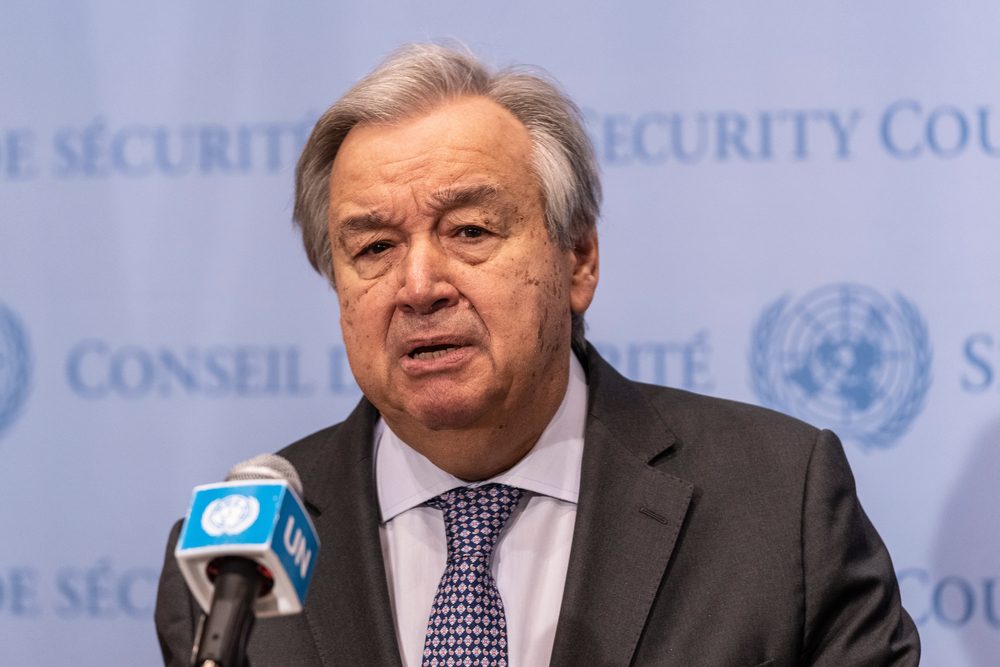
40 is the new 50, according to United Nations (UN) officials, who insist carbon ‘net-zero’ targets must be brought forward by a decade. Secretary-General António Guterres said that “humanity is on thin ice—and that ice is melting fast.”
His warning came as the bloc of 193 nations launched its latest report on global warming. This, from the Intergovernmental Panel on Climate Change, said there needs to be a global CO2 emissions cut of 80% by 2040—not 2050—to stop warming from exceeding 1.5 degrees Celsius. The full paper has yet to be released, but its summary presents a major shift in pace. Mr. Guterres described the report as a “survival guide for humanity.” He said:
I urge all governments to prepare energy transition plans consistent with these actions and ready for investors.
I am also calling on CEOs of all oil and gas companies to be part of the solution. They should present credible, comprehensive and detailed transition plans in line with the recommendations of my High-Level Expert Group on net-zero pledges.
Earlier this month, close to 20% of MEPs declared their support for an international tax on the ultra-rich to help enable both “social” and, crucially here, “ecological” transitions. These proposed, as a guide, a levy of “1.5% from a heritage of 50 million euros.”
💶A taxation of 1.5% “from a heritage of 50 million euros” could help aid the West’s transition to carbon neutrality, according to the backers of a new campaign. #ElonMusk #GreenDeal #Taxation #InflationReductionAct https://t.co/GXcvjSa6dD
— The European Conservative (@EuroConOfficial) March 15, 2023
In the UK, too, scientists from the University of Leeds recently urged policymakers, alongside members of the public, to take “World War II-style rationing” more seriously as a method for combating climate change. Across the board, Green policy proposals continue to become more extreme as top-down targets increase in scale.
Climate change advisors in the UK, quoted in The Daily Telegraph, commented that getting closer to carbon neutrality before the current 2050 target will “stretch feasibility.” This ignores large question marks over the possibility of the existing mid-century deadline, the cost of which has received particular attention. Ross Clark, author of Not Zero: How an Irrational Target Will Impoverish You, Help China (and Won’t Even Save the Planet), wrote in The Spectator that the UN’s aim “looks like a very large pie in the sky.”
